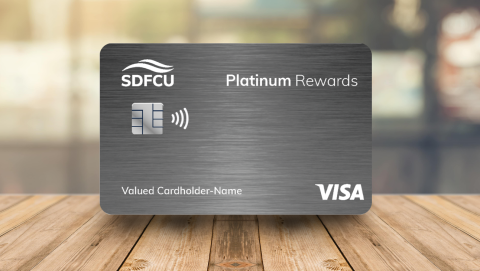Here are a few quick steps to identifying—and avoiding—online fraud.
1. Never click suspicious links
Most of us are familiar with online phishing, but the fact that it’s still scarily persistent suggests we could all use a refresher. Phishing works in different ways, but in the most common situations, a scammer posts an appealing link as bait and then re-directs you to a fake website.
In a worst-case scenario, the link infects your computer with a virus that steals your personal info or locks your computer until you agree to pay the scammer a ransom fee.
Pro tip: The simple solution? Think before you click.
2. Beware spam-y comments on social media
Scammers are smart. They know we’re viewing trending posts on social media. It's hardly surprising that the more popular the post, the more likely we will be to read and leave comments. A potential spammer can drop a dubious link into the conversation, claiming it connects to a relevant story or thread. Use your intuition, and be wary of any user or link that doesn’t quite look right.
Pro tip: As a general rule, you should change your passwords regularly, especially those of your financial accounts. Passwords are highly valued by scammers and hackers.
3. Online Shopping for products you never receive
A new type of online shopping scam involves the use of social media platforms to set up bogus online retail stores. Typically, the vendor sells high-end products at a really low price. You are required to send the vendor payment via electronic transfer. Unfortunately, the purchased item is never delivered.
If you only lose your money for the cost of the product, count yourself lucky. In most cases, you have now shared your credit card information with the fake retailer, which potentially opens the door for them to use your information for future purchases.
Most online companies are not scammers. If you have not purchased from a company before, do your due diligence and research customer reviews, check for their contact information, and research the product to see if it is legit. Check to ensure the site starts with “HTTP” or “HTTPS.”
Pro tip: Only use sites that use secure payment platforms when shopping online.
4. Think twice before taking that survey
Online surveys can be very tempting. Usually, they start by way of text, email, or social media and promise deep discounts and giveaways; all you need to do is hand over a few personal details. The problem is that a lot of these surveys are bogus.
Pro tip: A legit company probably isn’t going to ask for your opinion with a real deal via a flashing banner ad. And if you click on a fake survey link, you may be giving survey scammers access to things like your bank and credit card info.
Our collection of Learning Hub Security articles offers you helpful tips on safeguarding your personal financial information and avoiding online fraud.









